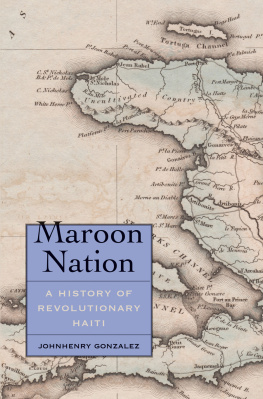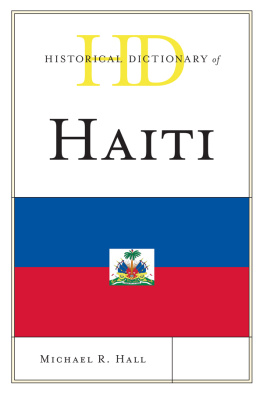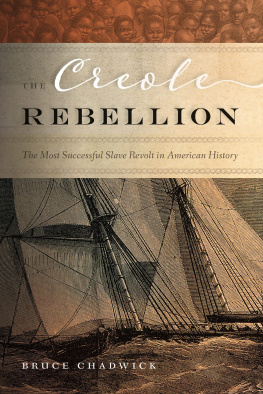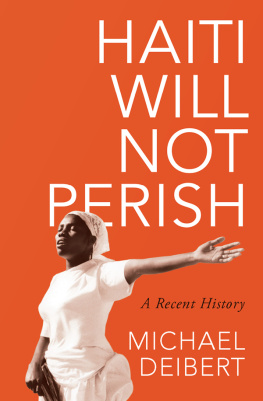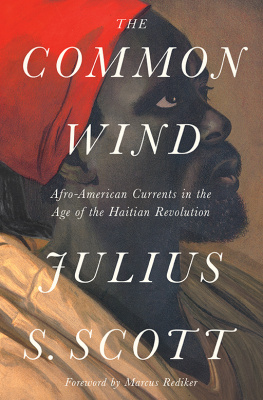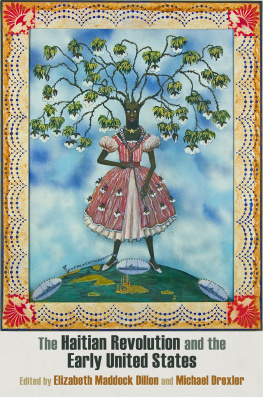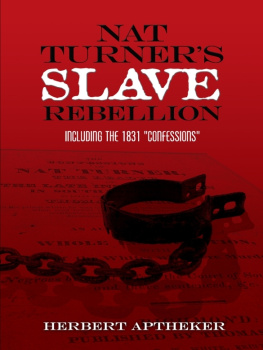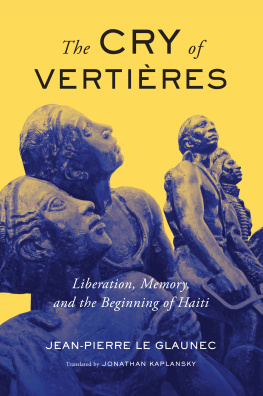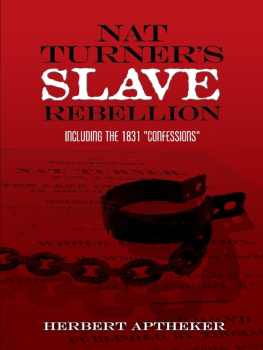YALE AGRARIAN STUDIES SERIES
JAMES C. SCOTT, SERIES EDITOR
The Agrarian Studies Series at Yale University Press seeks to publish outstanding and original interdisciplinary work on agriculture and rural societyfor any period, in any location. Works of daring that question existing paradigms and fill abstract categories with the lived experience of rural people are especially encouraged.
James C. Scott, Series Editor
James C. Scott, Seeing Like a State: How Certain Schemes to Improve the Human Condition Have Failed
James C. Scott, The Art of Not Being Governed: An Anarchist History of Upland Southeast Asia
Timothy Pachirat, Every Twelve Seconds: Industrialized Slaughter and the Politics of Sight
Jess Gilbert, Planning Democracy: Agrarian Intellectuals and the Intended New Deal
Jessica Barnes and Michael R. Dove, eds., Climate Cultures: Anthropological Perspectives on Climate Change
Shafqat Hussain, Remoteness and Modernity: Transformation and Continuity in Northern Pakistan
Edward Dallam Melillo, Strangers on Familiar Soil: Rediscovering the Chile-California Connection
Devra I. Jarvis, Toby Hodgkin, Anthony H. D. Brown, John Tuxill, Isabel Lpez Noriega, Melinda Smale, and Bhuwon Sthapit, Crop Genetic Diversity in the Field and on the Farm: Principles and Applications in Research Practices
Nancy J. Jacobs, Birders of Africa: History of a Network
Catherine A. Corson, Corridors of Power: The Politics of U.S. Environmental Aid to Madagascar
Kathryn M. de Luna, Collecting Food, Cultivating People: Subsistence and Society in Central Africa through the Seventeenth Century
Carl Death, The Green State in Africa
James C. Scott, Against the Grain: A Deep History of the First Civilizations
Loka Ashwood, For-Profit Democracy: Why the Government Is Losing the Trust of Rural America
Jonah Steinberg, A Garland of Bones: Child Runaways in India
Hannah Holleman, Dust Bowls of Empire: Imperialism, Environmental Politics, and the Injustice of Green Capitalism
Johnhenry Gonzalez, Maroon Nation: A History of Revolutionary Haiti
Christian C. Lentz, Contested Territory: in Bin Ph and the Making of Northwest Vietnam
For a complete list of titles in the Yale Agrarian Studies Series, visit yalebooks.com/agrarian.

Published with assistance from the Annie Burr Lewis Fund.
Published with assistance from the Mary Cady Tew Memorial Fund.
Copyright 2019 by Yale University.
All rights reserved.
This book may not be reproduced, in whole or in part, including illustrations, in any form (beyond that copying permitted by Sections 107 and 108 of the U.S. Copyright Law and except by reviewers for the public press), without written permission from the publishers.
Yale University Press books may be purchased in quantity for educational, business, or promotional use. For information, please e-mail (U.K. office).
Set in Janson type by IDS Infotech, Ltd., Chandigarh, India.
Printed in the United States of America.
Library of Congress Control Number: 2018956855
ISBN 978-0-300-23008-6 (hardcover : alk. paper)
A catalogue record for this book is available from the British Library.
This paper meets the requirements of ANSI/NISO Z39.48-1992 (Permanence of Paper).
10 9 8 7 6 5 4 3 2 1
To Leela
Contents
Preface
This book is meant to expand the scope of the increasingly rich academic literature on the Haitian Revolution by drawing the gaze of the historians guild to the years following the monumental Haitian Declaration of Independence in 1804. Even as the fields of Latin American history, African diaspora studies, and Atlantic history have grown in recent decades, the Haitian nineteenth century remains an obscure and roundly neglected topic. Work on the book began many years ago as I conducted primary research on the topic of the Haitian War of Independence of 18021803. As I attempted to turn over every stone in search of new archival material on the Haitian Revolution, I eventually came across tantalizing documents from the early decades of Haitian independencean era about which I knew almost nothing and had read almost nothing. During an advising meeting, Professor Dain Borges remarked that our discipline still knew very little about the land reforms of Haitis first president, Alexandre Ption. Having already discovered a handful of promising documents from this era, I devoted my subsequent scholarly career to the pursuit of this topic: the early decades of Haitian history.
With the emergence of the discipline of early modern Atlantic world history, narratives of transnational interconnection have heavily influenced studies of the Haitian Revolution. Ironically, historians arguably know more about the various impacts of the Haitian Revolution in France, Britain, Jamaica, Cuba, New Orleans, Baltimore, and Philadelphia than we do about the aftermath of the revolution within Haiti. This book endeavors to offer an introduction to early Haitian history, based on all the archival evidence that I have been able to consult in Haiti, the United States, France, and the United Kingdom. I provide a basic overview of the countrys early civil wars, and I also explore the process of land reform and the emergence of Haitis independent peasantry. Through an analysis of the political economy of early Haiti, this volume explores the origins of the countrys characteristic social institutions: family farms, public markets, and religious secret societies.
I began my research with a tight focus on warfare and political economy, and a plan to confine my study to colonial and early national archival sources. But a lengthy period of research in Haiti quickly taught me to follow the example of the Caribbeanist intellectuals Sidney Mintz and Michel-Rolph Trouillot, who exemplified the interpretive power of a combined historical and anthropological scholarly approach. Although the following chapters reflect many years of archival work, the analysis and arguments of this book are as much a reflection of my exposure to the oral history, language, and lifeways of Haiti. Accordingly, I hope that the book will be of some use not only to historians but also to the broader world of Caribbeanist anthropologists, sociologists, political scientists, and literary scholars. Also, I hope that it will help to connect the growing world of Haitian Revolutionary studies with the study of the crises and complexities of contemporary Haiti. A robust literature on the age of revolutions has done little to explain the sort of question that occurs to many lay observers around the world: How did contemporary Haiti come to be the way it is? I hope that by attempting to advance the study of early nineteenth-century Haiti, this book can help to explain the origin of the countrys twentieth-century crises of invasion, dictatorship, underdevelopment, and dependency.
The many debts incurred over a decade of research are too many to list here. In chronological order, my scholarly mentors have been Sam Mitrani, Vincent Brown, Laurent Dubois, Julie Saville, Paul Cheney, and Emilio Kouri. I was fortunate to conduct coursework with Thomas Holt, whose work informed my study of postemancipation social relations and ideologies of free labor. The work of Rebecca Scott similarly helped me to view Haiti in its comparative historical context. Long before he was my postdoctoral mentor, Professor Dubois gave me sound research advice, and his twin monographs on the era of the Haitian Revolution have taught me a great deal. I must reserve special thanks for my principal mentor, Julie Saville. She steered me right and shared my enthusiasm for the research. Her work helped me attempt to undertake a fine-grained examination of postemancipation social conflict at the level of agrarian relations. At a very early stage she encouraged me to think more expansively by steering me toward the literature on rural Southeast Asia. Being able to join her for a visit to Haiti and a trip over the mountain roads to the very ends of the earth at Jrmie was a very rewarding experience.
Next page
